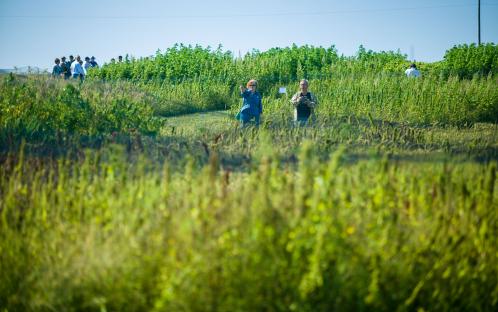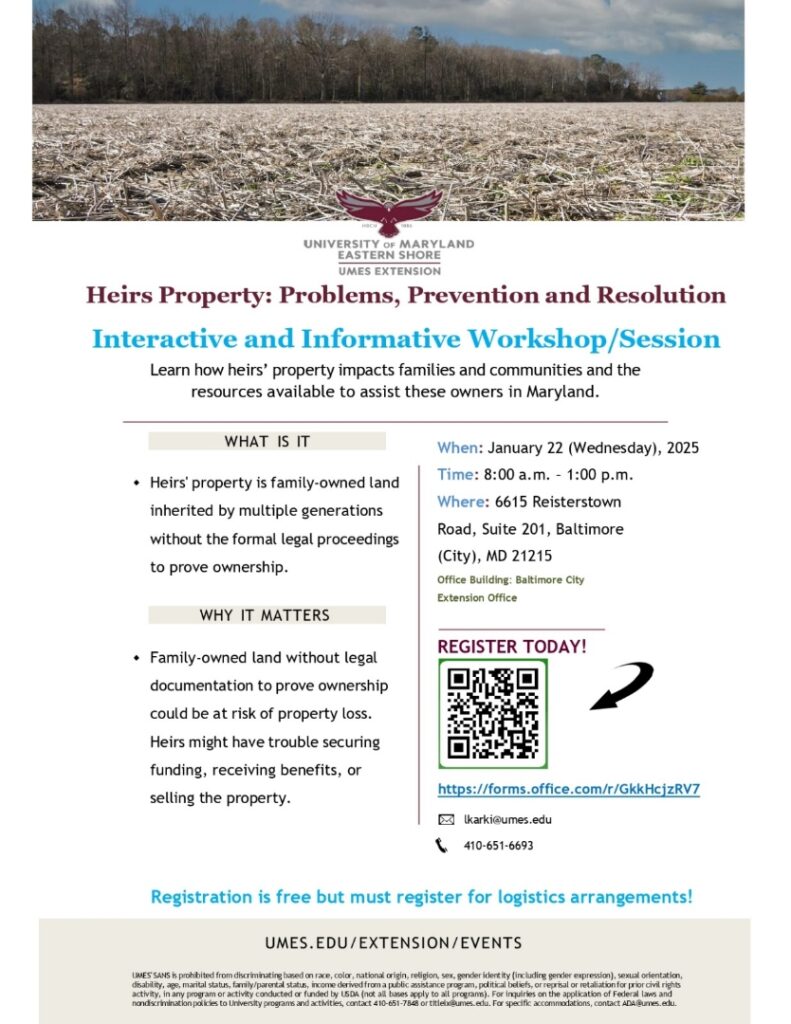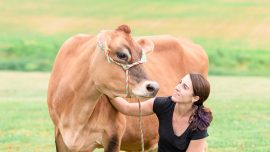By: Jess Feldman
The Maryland General Assembly recently altered legislation for an Industrial Hemp Pilot Program to enable farmers contracting with the Maryland Department of Agriculture (MDA) or Institutions of Higher Education (IHE) to grow industrial hemp for research purposes in Maryland. Although the updated legislation has been in effect since July 1, regulations for the program are still being finalized.
The MDA, IHE, and other growers across the state are making further adjustments to allow Maryland farmers to grow industrial hemp legally and efficiently. According to specialists from the College of Agriculture and Natural Resources (AGNR) and the Agriculture Law Education Initiative (ALEI), farmers need to understand basic definitions before getting involved with the program. Industrial hemp is defined as “the plant Cannabis sativa L. and any part of such plant, whether growing or not, with a delta-9-tetrahydrocannabinol concentration not exceeding 0.3 percent on a dry weight basis.” Hemp cannot be smoked to get high, but the fibers can be used for rope, clothing, and constructing plastic-like auto parts.
If the regulations under this federal law continue, most universities in the state of Maryland would qualify for the Industrial Hemp Pilot Program. Students at these universities may further their agricultural and academic research in this area. The updated legislation also allows MDA or IHE to contract with individuals to cultivate or grow hemp, along with the ability to purchase or obtain industrial hemp seed conforming to the law.
The legislation will also provide farmers with increased crop choices down the road, according to Extension Legal Specialist Paul Goeringer of ALEI.
Despite the legislation’s effective date, there is still much planning needed before the regulations are fully developed and farmers can participate legally in the program. Until MDA finalizes the regulations and approves IHEs and research programs are developed, any hemp production in Maryland will be considered illegal, meaning the grower will face potential criminal penalties.










